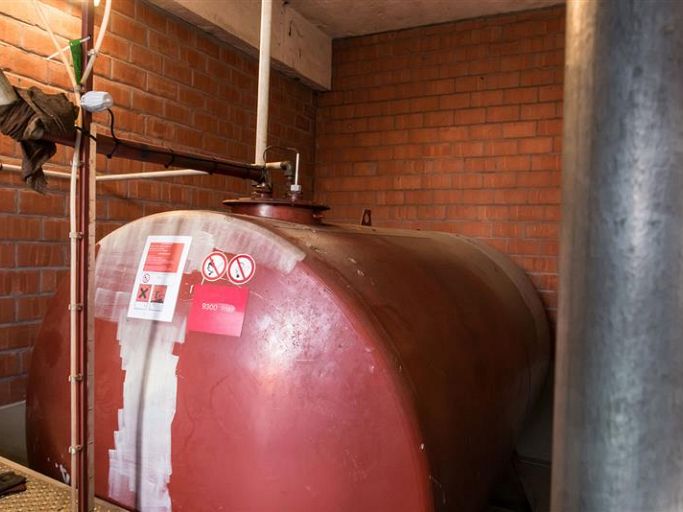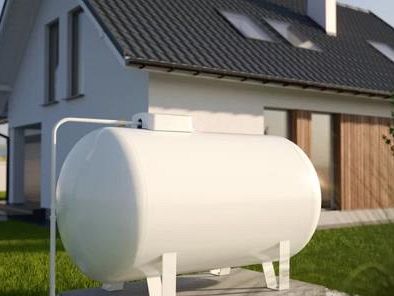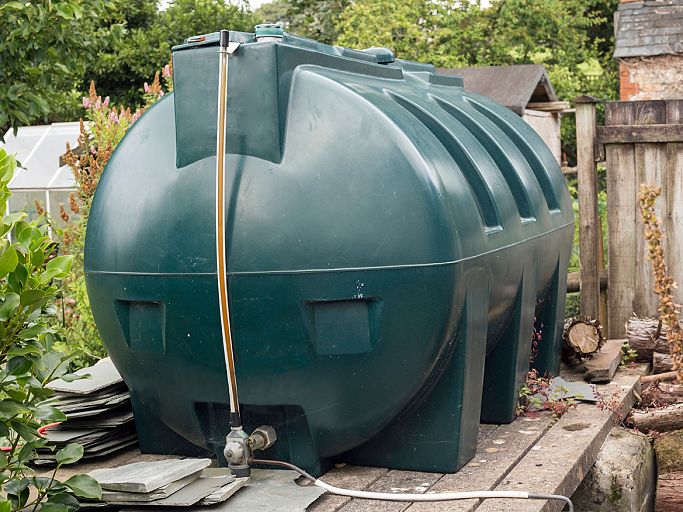- Oil
- Diesel
- Petrol
- AdBlue
- Water
- Sewage
- Hot Water Cylinders
-
Brands
- New Releases
- In Stock
- Sale
- Best Sellers
- Fuel Tank Hire
- More
-
Services
Winterise Your Oil Tank: The Essential Guide for a Smooth, Safe Season
18th December 2023 in oil

Winter is very much here, and as temperatures drop and potentially severe snaps approach, it's essential that you’ve readied for the colder weather. Ensuring that your oil tank is winter-ready along with other preparations at your property is an essential. This edition of our blog focuses on essential tips you can use to maintain the functionality of your domestic oil tank and ensure warmth throughout the remaining winter months.
- Tank Inspection
The first part of the winter prep process is to undertake a thorough inspection. For the most accurate results you should contract a professional maintenance engineer, as they will be able to use their expertise to identify potential problems with the oil tank's functionality that you might not spot if you just do an inspection by yourself. A thorough examination will include checking for leaks, water presence, clogged filters, low fuel levels, and non-functional gauges. It also makes sense to opt for a professional clean during this inspection as this will help to maintain optimal performance.
- Cleanliness
You should entrust the cleaning of your tank to the professionals, as we just mentioned in the previous section. Having the tank cleaned every two to three years will assist in eliminating any accumulated sludge (which hampers flow efficiency and accelerates tank wear). Rust is caused by water accumulation, so safeguarding the tank's operational life by making sure it is cleaned regularly is also going to help, particularly in preparation for winter use.
- Gauge maintenance
It’s essential that any gauges operate correctly on your tank / in your system. This is the only method to achieve accurate monitoring of your level of fuel – so if the gauges are malfunctioning or completely broken then you will have no real way of knowing ‘what you’ve got’ and therefore what you need. Throughout your year, from time to time you should check gauges for any signs of malfunction (cracks, loose fittings, unusual or unexpected readings) but particularly so leading into the coldest seasons. You do not want to suddenly find yourself without enough fuel to run your heating system and then have to try and order a delivery.
- Leaks
You should always incorporate leak checks into any tank inspection routine. This is crucial for preventing both fuel loss and financial waste. There are various leak tests, including low-pressure testing, soil testing and ultrasound testing, each of which contributes to identifying any issues, which you can then address before the cold intensifies. Timely leak detection means you will enjoy a seamless supply during the winter months – in other words, you won’t be losing fuel so you should have enough to stay warm!
- Eliminate build-up of water
It’s crucial to quickly remove any accumulation of water in your tanks. Corrosion resulting from trapped water can compromise its integrity and therefore damage the performance of your system. Regularly inspect for rust or sludge, which are clear indicators of water presence, and then consult a professional about the use of de-watering products to mitigate issues.
- Safety and accessibility
You should always make sure that access to your tank is as simple as possible. Maintain a clear path to it by trimming any vegetation which might be obstructing the way. Remove any low hanging branches to protect the tank from winter storms. Doing so during autumn or early winter is a great time as there will be much less foliage etc to clear away. Install fencing for protection - and inspect tank supports for signs of wear or rust.
- Filter changes
Regularly changing tank filters is a great way to prevent blockages. It is worth doing so at the start and midpoint of winter. This process is easily manageable and involves turning off the shut-off valve, replacing the filter and then restoring fuel flow. It really is that simple. Timely filter changes enhance the efficiency of your heating system and reduce the need for service calls.
- Keep a full tank
Maintaining a consistently high fuel level will ensure uninterrupted heating, even in the event of unexpected storms. When you keep a full tank it will prevent almost all freezing issues and reduce condensation-related risks. It also allows you to make strategic scheduling of fuel deliveries, keeping control of costs at a traditionally expensive time of the year, and ensuring a steady fuel supply.
- Prevent Fuel Gelling
Fuel can gel in winter due to the temperature. To address this challenge, employ preventive measures. These include: Utilising anti-gel fuel additives, insulating pipes, using tank heaters, moving the filter indoors, and considering an upgrade to larger lines. All of these measures will counter the gelling effects of freezing temperatures on heating oil.
By using the measures we’ve described in this edition of our blog, you will safeguard your oil tank throughout the winter seasons but, more importantly, make sure you can enjoy the comfort and warmth the system provides for your property during any chill. Browse our website for heating oil tanks for sale, as well as accessories, and feel free to contact us regarding the other services we provide.
One of the largest selections of tanks in the UK
Chat online or call us today on 01469 531229
Related Products
More Articles

How to Prevent Oil Theft – 8 Security Measures
1st August 2022 in oil

7 signs your oil tank needs replacing
4th August 2022 in oil

What are the advantages of a bunded oil tank?
6th August 2022 in oil

Our top 8 ways to maintain your oil tank
8th August 2022 in oil
Help
About Us
My Account
Newsletter Sign Up
Inspiration direct to your inbox, please enter your email below...
Help About Us My Account
© Tanks R Us. All rights reserved. Registered in England. Registration number. 05804332. VAT number 364402764
Designed and produced by Kal Group